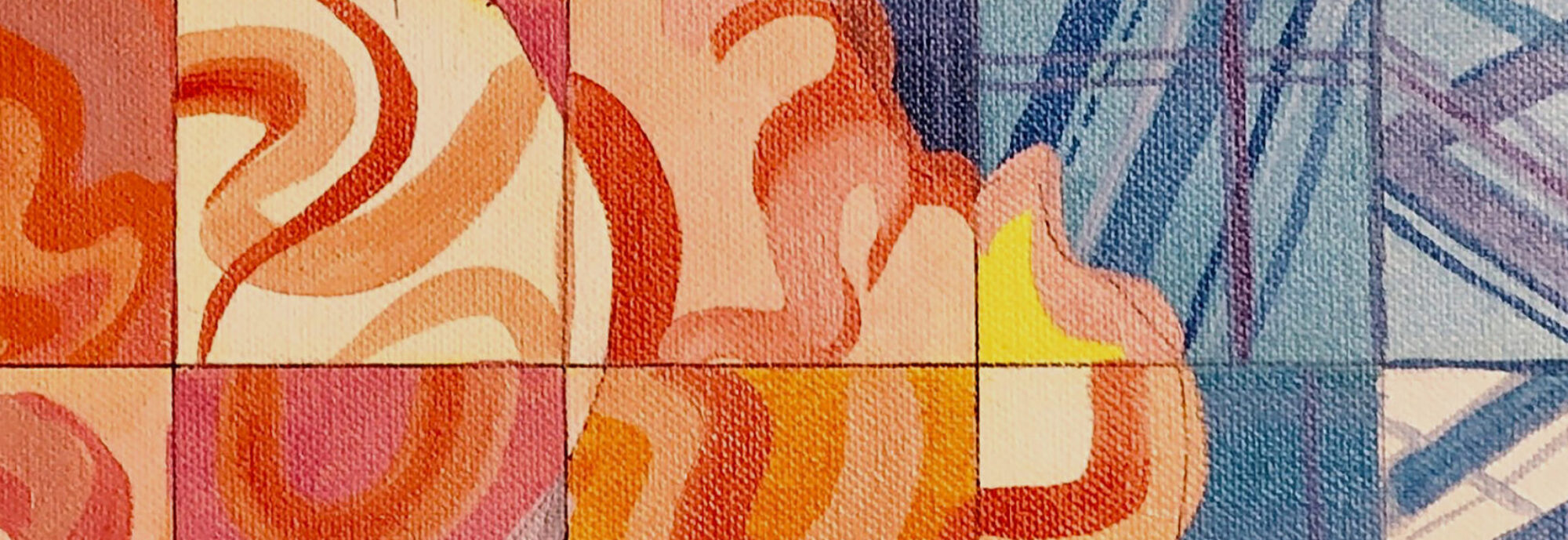Brian Okwesili
It is a cold Wednesday morning. The harmattan breeze settles over the city like the heavens have come to meet the Earth. Everything is brown and dry and cold and more brown. It is mid-November, but the people on the streets have begun to talk about Christmas, its merry moments, and how everything skips past with each bottle of beer. You want Christmas, too. Your mother says Christmas has a distinct smell, and that fried beef tastes better then. You inhale, but dust fills your nostrils. You put a palm over your nose and quicken your steps. You must meet God and tell everything.
The church is a warm embrace when you enter. It is like heaven doesn’t touch here. A statue of a bleeding Jesus stares down at you, its eyes sullen from pain. The pews shimmer under the tiny bright lights on the ceiling. At a dim corner is the confessional, a space where trapped sins roam. You walk up to it, your heart clinging to your throat, ready to jump out.
You cross yourself, and then you kneel. There is a purple curtain before you, keeping you from seeing the priest. You wonder if he can see you, if he has the same clenching tightness in his stomach.
“Bless me, Father, for I have sinned. It is three months since my last confession.” You pause. You cannot feel your tongue. “I am a student of biology at the university. This is my confession.”
You take few minutes going over trivial acts you know won’t count as sin—a mild quarrel, a swear, a midnight erection—but you say them anyway, because the things you truly wish to say are broken vowels, refusing to stick back together.
“Is that all?” An airy baritone arrests you.
The church is suddenly hot. You can feel beads of sweat running down your thighs. You remember your holiday in Kano last year and how the sun there was always a boiling orange. When your mother asked you if you would like to visit there again, you told her that Kano felt like hell, but a busy hell. She laughed.
“Can you know a thing and never speak of it?” you ask, peering into the curtain.
A chuckle sieves through.
“I am under oath,” he says.
You bite your lips. Of course, he is under oath. You have heard about the seal of confession. You drag in air, a little too much, and as quickly as you blink, you say, “I lust after a boy.”
There is silence from the other side.
You can feel air leaving your body through your ears. “Father, I look at him same way I look at girls, and I think of us entangled in bed, naked.”
More silence.
“Tell me what I should do to stop this. I know this is not of God. It is the devil, Father. It is him.”
You try not to cry. You want him to say something. Anything.
The last time you touched yourself, you were alone in the bathroom, trying to hold a mental picture of him in your head. You saw his face, then his lips, and when his butt swayed in your head, you stopped and let the soap slip. That night, you invited your girlfriend over, and while you were inside her, you told her you would write a poem about slippery spiders. She stared at you; for a moment, you thought she would scream and run out. The next day, she told you that you were weird. It was not a compliment.
“I once loved a boy in the way one loves a girl, too,” the priest says, finally.
Your heart skips, a painful thud. You want to snatch the curtain away and slap the priest. You do not know why.
“How did you overcome it? How did you beat the devil?” you ask.
He chuckles again. “There is no devil. It is natural. One can only manage it, for love is of God. And God is love.”
“How do I manage it, this love?”
Right. Wrong. Just. Evil. The priest is saying so many things you do not understand. You nod. Love is a thing with faces—this is how you would write it in your diary. Or perhaps in a poem.
As you step outside the church, the sun sits in the sky blurred by the harmattan fog. The Earth is now warm; heaven ascends slowly. You can see the full stretch of palm trees in the distance.
You walk to a corner beside the ixora hedges in the churchyard and remove your phone from your pocket to call your mother. You tell her that you can smell Christmas and that you can’t wait to see her again. Then, you begin to cry.
She doesn’t tell you to stop. She says only that she understands.
You cry the more, knowing that you cannot know a thing and never speak of it.
